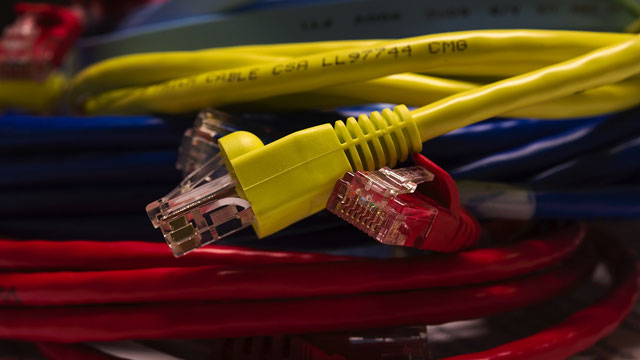 As the debate over network neutrality rages in the US, South African Internet service providers, through their industry association, have urged communications regulator Icasa to steer clear of crafting regulations dealing with the contentious issue — at least for now.
As the debate over network neutrality rages in the US, South African Internet service providers, through their industry association, have urged communications regulator Icasa to steer clear of crafting regulations dealing with the contentious issue — at least for now.
But what’s right for consumers?
Net neutrality is the principle that all traffic flowing across the Internet should be treated equally and that service providers should not be allowed to discriminate against certain types of traffic by slowing or blocking access or levying different fees on consumers. One of the big worries is that without net neutrality rules, it may be more difficult for innovative new Internet start-ups to emerge.
In January, a US federal court struck down the net neutrality policy adopted by the Federal Communications Commission (FCC), America’s telecoms regulator. But this week President Barack Obama weighed in on the issue, underlining his administration’s support for the concept. “You want to leave [the Internet] open so that the next Google or the next Facebook can succeed,” he said.
The worry is that without net neutrality, big telecoms companies — the US is dominated by a small number of giant providers — could use their broadband infrastructure into homes to block or impede certain types of content or even websites they consider to be a competitive threat.
The FCC is now considering two options, according to a report in the New York Times. The first would require service providers to offer a basic level of unfettered Internet access to their customers, while they remain free to charge companies like streaming video provider Netflix higher fees to deliver their content faster to end users. The second option would involve changing the classification of broadband to a telecoms service, allowing for more stringent regulation of operators that would prevent them from engaging in unreasonable and unjust discrimination.
Although net neutrality has become a hot political potato in the US, there’s no need to consider similar regulations in South Africa, according to the Internet Service Providers’ Association (Ispa). As part of a high-level inquiry into the state of competition in South Africa’s technology sector, Icasa has asked industry stakeholders to provide their views on the need for net neutrality regulations here.
“It’s not a particularly helpful debate for us in South Africa as our market is at a different stage of development,” says Ispa regulatory advisor Dominic Cull. “We face a different set of issues in order to ensure fair competition.”
South African ISPs routinely discriminate against certain types of online traffic, particularly on uncapped accounts. Peer-to-peer traffic, typically generated by consumers sharing music, movies and television shows through networks like BitTorrent, is heavily shaped by ISPs to ensure a consistent (and affordable) broadband service, especially on their uncapped products. Some even block this traffic.
But this doesn’t actually matter. Consumers who want unshaped bandwidth can get it quite easily. Most ISPs offer these connections through capped data accounts where consumers pay by the gigabyte for access to the Internet. Ironically, capped services have become the new premium broadband, while uncapped products, whose prices have fallen sharply, have become the less sexy proposition — a reversal of the situation of a few years ago.

That said, prices of capped accounts — at least on fixed lines — have also tumbled in recent years thanks to new undersea cables and greater competition in the domestic wholesale market. Intense rivalry between ISPs means that any reductions in wholesale prices are passed on immediately.
This same high degree of competition ensures that if one service provider starts to discriminate against a certain type of Internet traffic — YouTube videos, say — consumers are quick to punish them by switching to another provider. That obviates the need for net neutrality regulations.
And South Africa’s competition authorities have done a reasonable job lately of policing anticompetitive abuses, particularly by Telkom, in areas of the industry where sufficient competition hasn’t yet emerged.
Net neutrality regulations may be needed in South Africa in future — particularly as mobile operators start edging their way into the content game — but the ISPs are right: Icasa should watch developments elsewhere with a keen eye, but resist the temptation to impose regulations that are not currently needed.
- Duncan McLeod is editor of TechCentral. Find him on Twitter
- This column was first published in the Sunday Times

